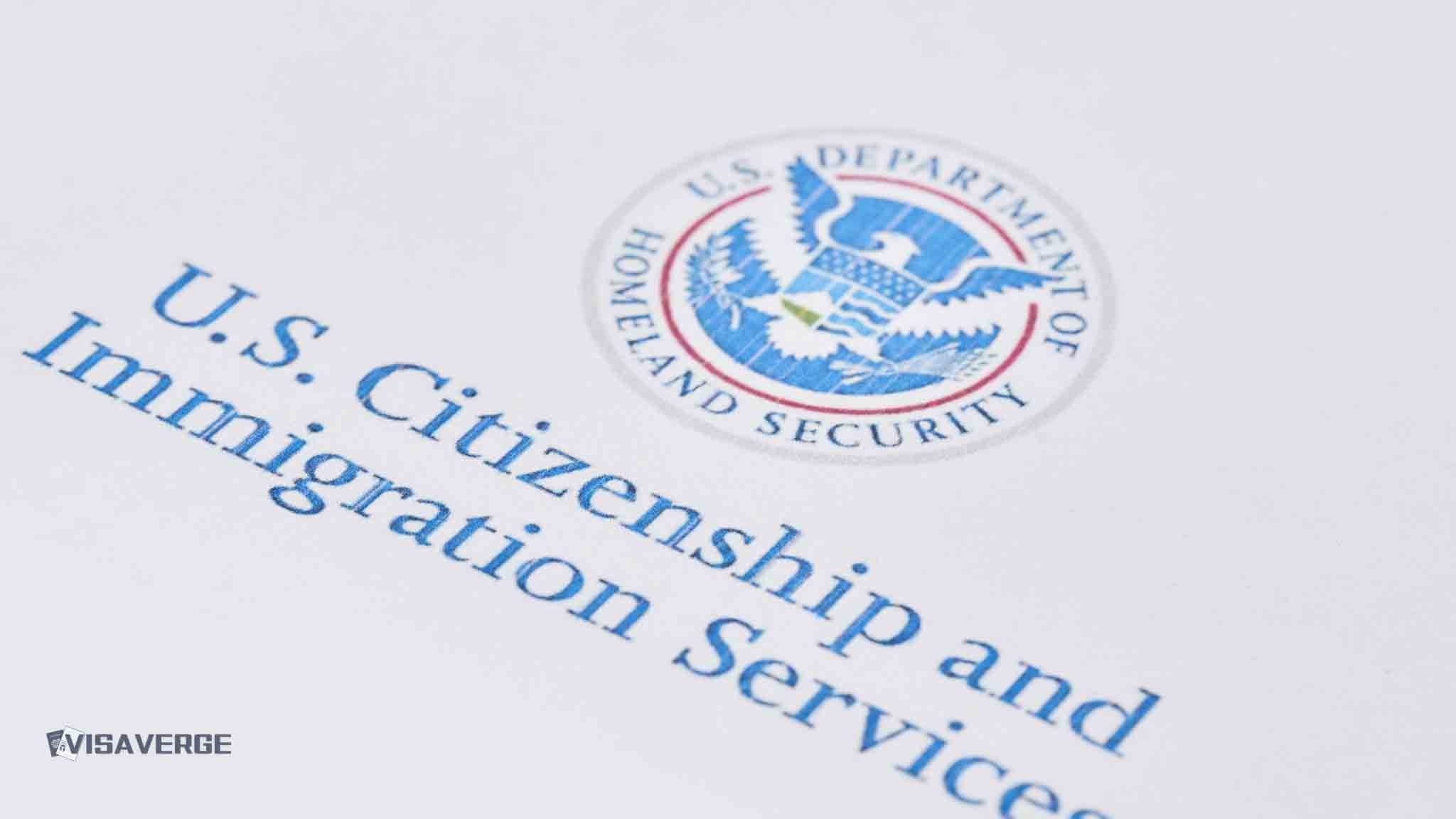Key Takeaways
01
Federal labor laws ensure young salespeople’s safety and education by regulating work hours and conditions.
02
The Fair Labor Standards Act sets minimum age and hours for young workers, emphasizing non-hazardous job environments.
03
Non-compliance results in legal penalties; employers must stay informed to promote fair workplaces and avoid issues.
Feds Safeguard Young Salespeople through Labor Laws
Federal labor laws set crucial guidelines to ensure fair working conditions for young salespeople, protecting their rights and outlining employer responsibilities.

Why it matters: Young workers often find themselves vulnerable in the workforce. These laws ensure they have a balance between work, education, and personal life, significantly influencing their immediate and long-term wellbeing.
The big picture:
– Fair Labor Standards Act (FLSA), 1938: Establishes minimum age for employment and limits working hours for minors.
– Age Restrictions: Non-hazardous work allowed from age 14; more flexibility but no hazardous roles for 16 and 17-year-olds.
– Hour Limits: Under 16s restricted to 3 hours on school days, 18 hours a school week; 8 hours daily, 40 hours weekly during school breaks.
What they’re saying: Analysis from VisaVerge.com highlights debates on adapting labor laws to modern work environments, especially with the rise of remote and digital work roles for minors.
State of play:
– Employer Compliance: Businesses must verify young workers’ ages, maintain accurate records, and avoid prohibited roles and excessive hours.
– Enforcement: The U.S. Department of Labor’s Wage and Hour Division inspects and penalizes non-compliance.
Yes, but: Misconceptions persist, such as the belief that parental consent can override legal restrictions, and that part-time jobs have fewer constraints—the FLSA applies evenly.
By the numbers:
– 3 hours: Max work on school days for minors under 16.
– 18 hours: Max work in a school week for minors under 16.
The bottom line: Federal labor laws safeguard young salespeople by ensuring employment conditions do not jeopardize their education and development. Compliance protects employers from legal risks, while informed young workers benefit from safer, more balanced work environments.
Taking a Closer Look
Federal labor laws play a crucial role in shaping the employment conditions and rights of young salespeople. These laws not only offer protection to workers but also set guidelines for employers to ensure a fair and safe working environment. Understanding these rules is important for both young salespeople and their employers to avoid legal issues and promote a healthy workplace.
The history of labor laws in the United States 🇺🇸 dates back to the early 1900s, with significant changes occurring during the Progressive Era. This period was marked by a growing concern for workers’ rights and the need to regulate working conditions, especially for vulnerable groups like young workers. The Fair Labor Standards Act (FLSA) enacted in 1938 is one of the most comprehensive laws governing the employment of minors, setting the standard for federal labor laws to date.
The FLSA provides several important protections for young salespeople. It establishes the minimum age for employment in non-agricultural jobs at 14 years old. For young workers under the age of 16, there are strict limits on the number of hours they can work, particularly when school is in session. Specifically, they cannot work more than 3 hours on a school day and no more than 18 hours in a school week. During school holidays, these limits extend to 8 hours a day and 40 hours a week.
For young salespeople aged 16 and 17, the FLSA offers more flexibility, though it still prohibits them from working in hazardous jobs. Hazardous jobs refer to roles that could expose workers to dangerous machinery or chemicals. Ensuring the safety of young workers in these environments is a priority for federal labor laws.
Employers are required to adhere to these federal labor laws to maintain compliance and avoid penalties. This includes verifying the age of their employees and keeping accurate records of work hours to demonstrate compliance. Failure to comply with these regulations can result in fines and legal consequences. Moreover, the enforcement of these laws is carried out by the Wage and Hour Division of the U.S. Department of Labor, which conducts inspections and investigates violations.
Young salespeople benefit from these protections because they help to create a balance between work, education, and personal life. Working too many hours can negatively impact a young person’s education and development. By setting work hour limits, federal labor laws ensure that young workers are not overburdened and have time to focus on their studies and personal growth.
For employers, understanding and implementing these laws is essential for several reasons. Firstly, it helps in building a positive reputation as a fair and responsible employer. Secondly, it minimizes the risk of facing legal issues that can arise from non-compliance. Employers who ignore these laws may face lawsuits, which can be costly and lead to a loss of trust from both consumers and employees.
The impact of these federal labor laws on young salespeople and employers is significant but varies depending on the industry and location. In retail, where many young salespeople are employed, these laws ensure that minors have the opportunity to work without compromising their school attendance or health. Employers in this sector must pay close attention to scheduling and workload to remain within legal limits.
Analysis from VisaVerge.com suggests that while federal labor laws provide a crucial framework, there is ongoing debate about how these laws are applied, especially with the rise of remote work and digital sales roles for young people. Some argue that the laws need updating to reflect modern work environments and the new challenges they present. Others maintain that the existing protections are sufficient but need stricter enforcement.
Recent changes to federal labor laws focus on increasing awareness and understanding among both employers and young workers. Educational campaigns aim to inform teenagers about their rights and ways to stand up for themselves in the workplace. Likewise, resources are available for employers to better understand their responsibilities and the importance of adhering to labor laws.
Case law and legal precedents play a vital role in shaping federal labor laws and their interpretation. For instance, the case of “Schultz v. Capital International Security, Inc.” highlighted the importance of proper documentation and compliance with labor regulations. Employers learned that neglecting these responsibilities can result in significant legal and financial repercussions.
The consequences for employers who fail to comply with federal labor laws can be severe. They might face fines, legal action, and damage to their business reputation. For young salespeople, working in an environment that doesn’t meet legal standards can affect their health, safety, and long-term career prospects.
There are current discussions about potential amendments to federal labor laws. Lawmakers are considering changes that would provide clearer guidelines for newer industries and technological advancements. These efforts aim to ensure that labor laws keep pace with the evolving work environment while maintaining the fundamental protections for young workers.
Despite the clear benefits of federal labor laws, there are still common misconceptions that need addressing. One such misconception is that young workers can be employed in any role as long as they have parental consent. In reality, federal laws set specific restrictions that cannot be overridden by parental permission. Another misunderstanding is that these laws are less strict for part-time jobs, but the FLSA applies equally regardless of the number of hours worked.
For those seeking further information on federal labor laws applicable to young salespeople and their employers, the U.S. Department of Labor’s official website offers a wealth of resources. This includes detailed information about the Fair Labor Standards Act, guidance on compliance, and updates on any legal changes or ongoing legislation. You can visit the official U.S. Department of Labor website for more detailed insights and updates.
In summary, federal labor laws are vital in protecting young salespeople and their employers. These laws ensure that employment conditions promote safety, fairness, and educational balance for minor workers. Employers need to remain informed and compliant to uphold a fair workplace and avoid legal pitfalls. By understanding these laws, both young workers and employers can contribute to a positive, thriving work environment where learning, safety, and growth are prioritized.
Learn Today
Federal Labor Laws: Regulations established to ensure fair working conditions, safety, and rights for workers, particularly minors, in the U.S.
Fair Labor Standards Act (FLSA): A comprehensive U.S. law enacted in 1938 regulating minimum age, wages, and working hours for minors.
Hazardous Jobs: Work roles involving dangerous environments, machinery, or chemicals, from which young workers are legally protected under labor laws.
Wage and Hour Division: A division of the U.S. Department of Labor responsible for enforcing wage-related laws and investigating compliance violations.
Case Law: Judicial decisions that interpret statutory laws, influencing their application and enforcing compliance in various legal contexts.
This Article in a Nutshell
Federal labor laws safeguard young salespeople by establishing age restrictions and work-hour limits, promoting balance between job responsibilities and education. The Fair Labor Standards Act enforces these protections, ensuring safe, non-hazardous work environments. Understanding compliance not only prevents legal issues but fosters healthier workplaces, benefiting both young workers and their employers.
— By VisaVerge.com
📚
Related Articles
01
Guide to Employing Minors: Federal Labor Laws Explained
→
02
Teen Workers: Federal Labor Laws for Restaurant Jobs
→
03
Teen Lifeguards: Hiring Guidelines and Safety Laws
→
04
Cooking and Baking Jobs for Minors: Federal Guidelines and Safety
→
05
Child Labor Restrictions: Balers and Compactors Safety
→








